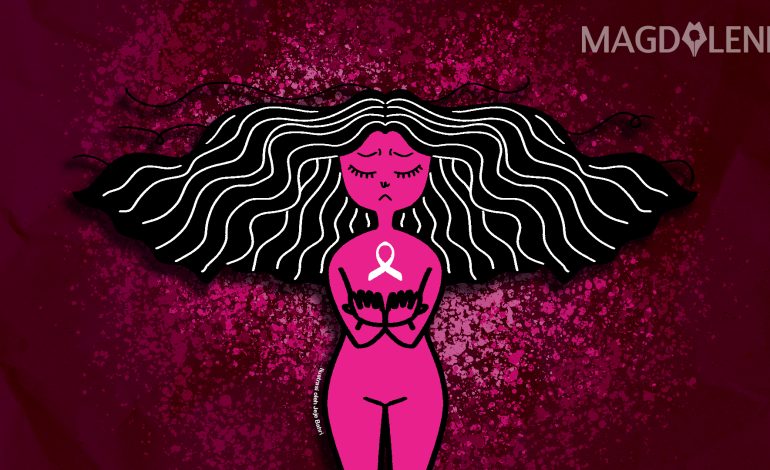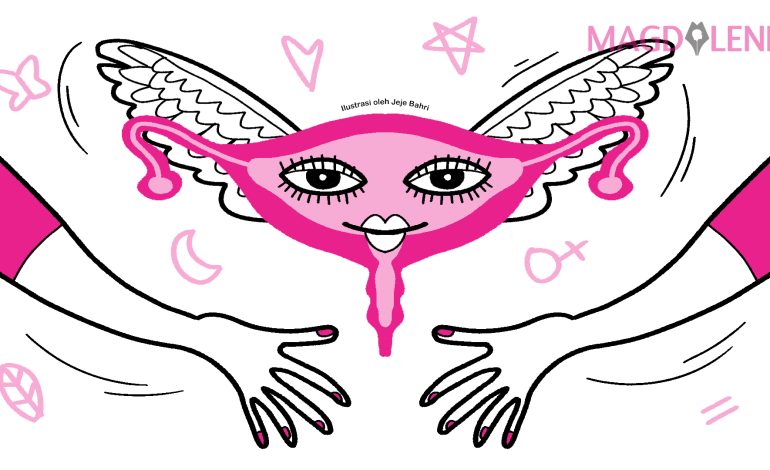
As a medical doctor, I often see discrimination against HIV and AIDS patients. One time when I was work the night shift at a public hospital in a rural area, a young girl was rushed in to the emergency room at 1 a.m. with heavy bleeding in her genital. She was vomiting and was pale and weak. Living alone at the time, her neighbors had taken her to the hospital.
There were only the two of us in the emergency room when I asked about her medical complaints. I had looked at her medical record, which cited B20, a code for the diagnosis of HIV/AIDS infection. I asked her when she last went to check on her condition and and treatment. She told me quietly that she wasn’t sure, possibly a year before. She had not been taking any medications for her condition. She recalled how her neighbors would shout and throw rocks at her every time she left the house to get food or to the hospital for treatment. The one saving grace was a neighbor who would send her food every day as she stayed home, so she could survive. Several times she had attempted suicide feeling useless and hopeless, she said.
Sadly, this is not the first and the only time I heard of such story. Many HIV and AIDS patients in Indonesia are reluctant to seek treatment because of the negative stigmas attached to their condition. The stigma affects their health and all other aspects of their lives, from access to job, healthcare, and an all-around decent life. I often hear stories of people refusing to shake hands, talk, or sit next to a person with HIV/AIDS, although they are aware that the virus can only be transmitted through body fluids such as semen, vagina fluids and breast milk.
In my experience, often when I suspect HIV and AIDS symptoms in a patient, it can be difficult to gain their consent to get tested. Many times their families opt not to get them tested, fearing they will be evicted from their communities or neighborhoods if others find out. Even if the test results turn out negative, the fact that they were getting tested for HIV could backfire on them.
In Indonesia, sexual reproductive health is still a taboo topic as it is seen as against the social and religious norms for many people. But the continuing stigma against people with HIV/AIDS isn’t just a health issue, it is also economic, educational, and human rights issues. The sooner the problem is overcome the better.
Also read: Guy, Interrupted: How Being HIV Positive Opens My Eyes
These are some ways to overcome the problem:
1. Educate the public. Lack of education can lead to mistreatment and lack of awareness. We could raise awareness by providing scientific and accurate information about the virus, transmission, prevention and treatment. Everyone can do this, starting from themselves. Be an ally to those with HIV/AIDS, support them in any way you can.
2. End discrimination by providing access for all to good quality health care, ensuring equal opportunities in the workplace, and generally creating an environment that is non-judgmental and non-discriminatory. People in leadership position, including policy makers must have a thorough and accurate understanding of HIV/AIDS so that they can make non-discriminating policies.
3. Provide social support. Some cases require social workers to do house calls to patients to give moral support. Like the patient I cited above, many people with HIV/AIDS cannot even leave their houses without fearing of being subjected to hostile treatments by their neighbors. Social support can also take the form in having support groups of HIV/AIDS patients so that they can share their struggles. The goal is to reduce their anxiety and hopelessness.
4. Train healthcare workers and make it illegal for them to discriminate against people with HIV and AIDS. Often people with HIV/AIDS stop seeking medical treatment as they feel judged by healthcare workers, leading to morbidity and death. The training must be held for all medical workers, so they won’t discriminate against patients, especially those coming from vulnerable groups like the LGBT people, drug users, and sex workers.
We need to keep talking about the stigma against people with HIV/AIDS so that we can create a world where they are no longer discriminated against and where they can enjoy their basic rights as human beings.






















